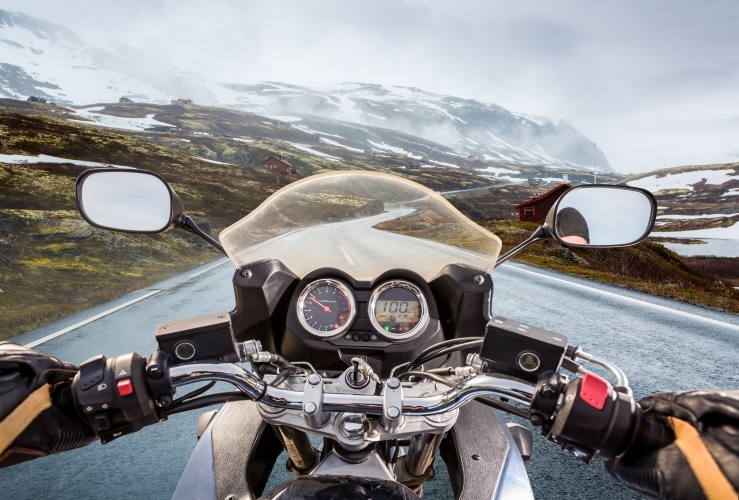
There's no escaping it: winter can be tough on your motorbike. Threats such as road salt corrosion and cold starts can knock substantial value off your machine over the course of just one winter. But taking care of your bike over the colder months doesn’t have to be time-consuming.
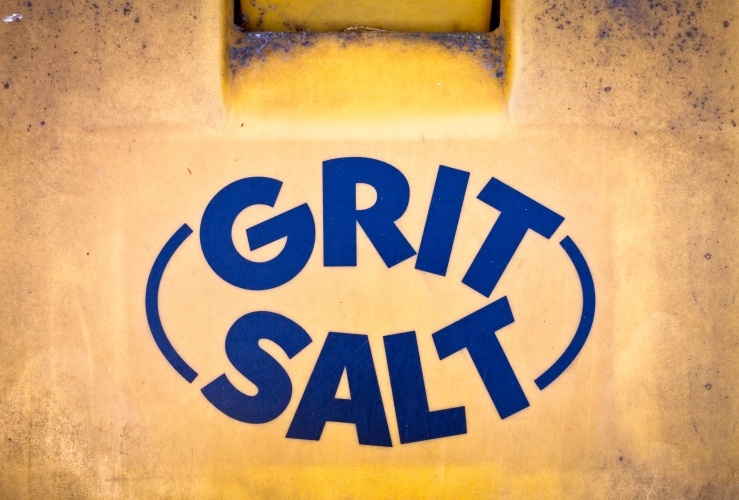
Salt spread on icy roads over winter can cause great damage to your machine. Salt is highly corrosive to metal parts – especially when dissolved in water. If your bike already has nicks or scratches, it will be all the easier for the oxidation – or rusting – process to begin.
Before winter sets in, spray your bike with an anti-corrosion spray. This will create a barrier between the bike’s surface and the salt and water.
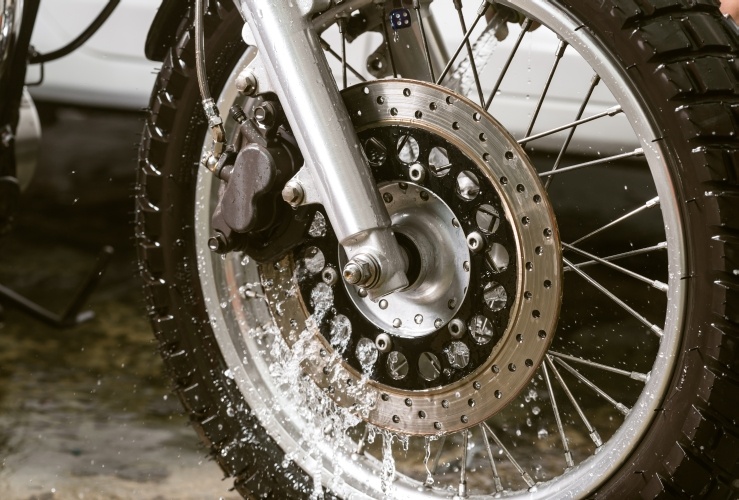
Spend five minutes every day washing your bike with cold water. Don’t use hot water as this can react with the salt and assist corrosion. Washing liquids can also expedite the corrosive process because they often contain salts – so give them a miss. Spray with Scotoiler or WD-40 after cleaning.
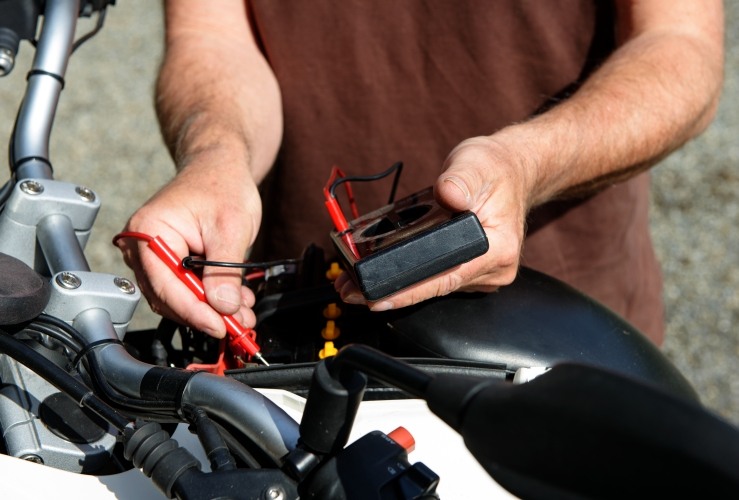
Cold temperatures slow down the chemical reactions in a battery, meaning that more current is needed for the bike to function. Keep your battery charged – particularly if it has an alarm fitted.
Ensure terminals are tight and apply a dab of grease on them.
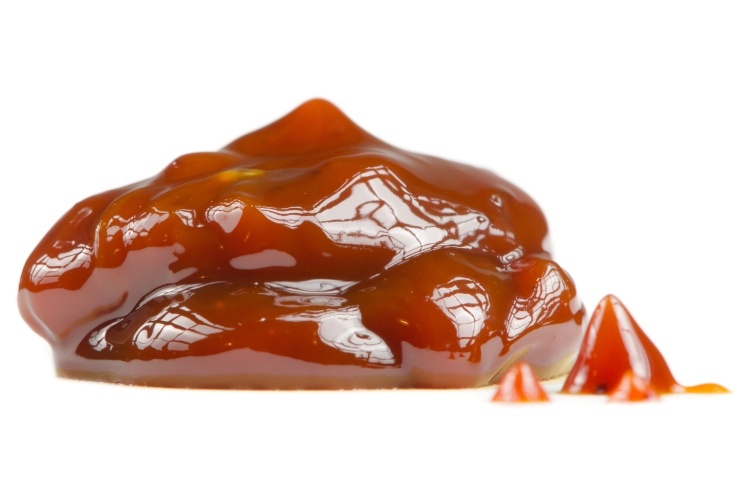
Lube your chain every week. If you have an automatic chain oiler like a Scottoiler, turn the flow rate up a notch. Lube your bike little and often – ideally after a day's riding, so the lube has time to work into the nooks and crannies. Applying before riding will see the lube fly off!
It's crucial to keep all your working parts greased in order to avoid a seizure. Some parts may need to be removed in order to grease them. Smear grease onto any bare threads, such as gear lever tie rods, chain adjusters and wheel spindles. Removing the panel and fairing screws and applying a little grease to them will also help prevent perishing. While greasing your bike may seem a little tedious, it will pay dividends by keeping your bike in good condition.
One negative is that your grease-covered bike will attract a lot more dirt. However, you can remove the grease and dirt in spring – and your bike's components should be undamaged by winter.
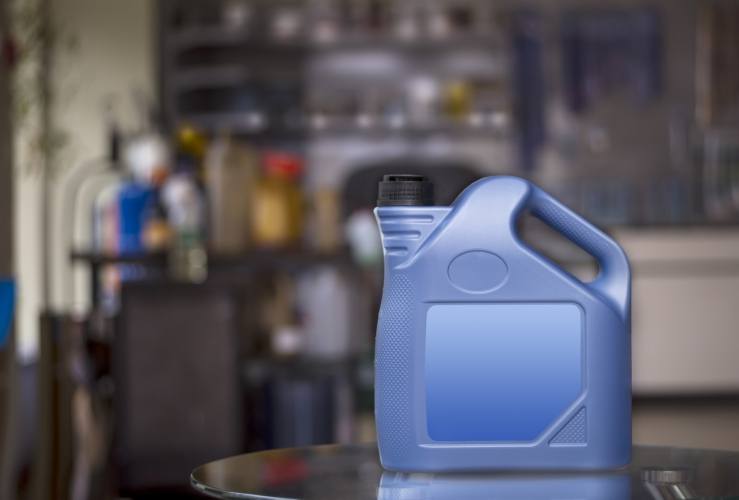
On very cold nights the water in your radiator will freeze without coolant and anti-freeze. If the fluid is not blue or dark green it means there may not be enough anti-freeze present.
You can buy ready-mixed coolants with the required additives from the majority of dealers. Be sure to bleed the system after draining and as you refill; if you don’t do this properly an airlock could form, preventing antifreeze flow and resulting in an over-heated engine.
Winter is when your engine is most fragile. It takes longer to heat up in cold temperatures, potentially causing damage.
Protect your engine from cold starts with fresh, high quality engine oil. Once oiled, ride your bike gently to give the motor time to warm up – before going faster.
Download our pdf checklist: How to protect your motorcycle in winter





